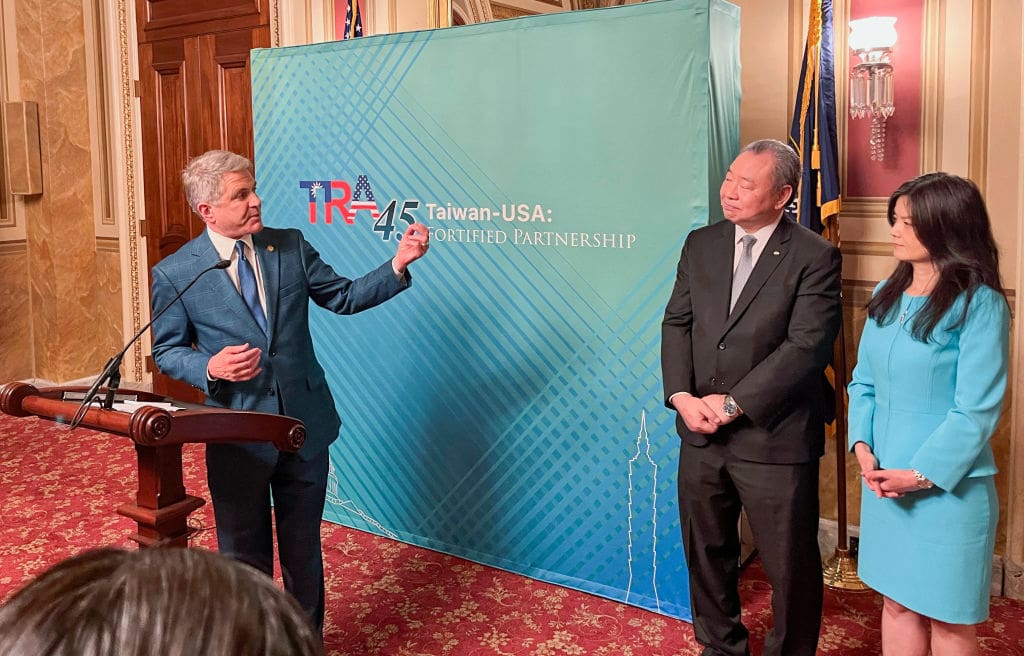By Racqueal Legerwood, AIUSA China Research and Advocacy Fellow
On May 20, Lai Ching-te was sworn in as the fifth democratically elected president of Taiwan. Lai’s highlighting of the Indo-Pacific Security Supplemental Appropriations Act in his inauguration speech and recent remarks from U.S. lawmakers affirming unwavering defense support after two days of Chinese military drills surrounding the island makes it clear that military cooperation will continue to be at the core of the U.S.-Taiwan relationship. However, as tensions across the Taiwan Strait heighten, it is imperative that human rights issues aren’t sidelined.
The U.S. often highlights the countries’ shared “democratic values” and commitment to human rights as a bedrock for bilateral relations and justification for continued defense support. Yet, when it comes to concretely injecting human rights policy into bilateral engagements, improvement is needed from both sides. Most recently, a bipartisan congressional delegation met with Taiwanese senior leaders and civil society organizations May 26-30 and human rights issues were not mentioned in the announcement or readout of the meetings.
The U.S. and Taiwan are currently in negotiations over the second agreement of the U.S.-Taiwan 21st Century Trade Initiative. In April, the United States Trade Representative released summaries of proposed text for incorporating labor and environmental rights language into the agreement. However, without more transparent and public consultations from both the Taiwanese and U.S. governments with relevant civil society stakeholder groups, including transparency around the direct outcomes of these consultations, it is difficult to meaningfully assess compliance with international human rights standards.
Meanwhile, the unfulfilled mandate of the Taiwan Fellowship Act is a missed opportunity for the U.S. to provide critical exchange support in key human rights issue areas. For example, as civil society groups advocate for a much needed domestic refugee law, exchange opportunities such as this fellowship can be used by the U.S. to understand the legal challenges Taiwan faces and to support domestic refugee mechanisms, training for handling of asylum claims, collaborations on durable solutions for third country resettlement, and Taiwan’s participation in multilateral refugee protection schemes.
Looking regionally, as countries across southeast Asia witness shrinking civic space, preserving peace in the Indo-Pacific depends on safeguarding and expanding human rights. Following crackdowns in Thailand, Myanmar, and Hong Kong, Taiwan has experienced an influx of regional and international civil society organizations (CSOs), in part because of Taiwan’s comparative reputation for upholding civic freedoms. However, restrictions on organizational registration and operations under the Civil Associations Act and other legal frameworks prove to be significant barriers to association. The U.S. should encourage legal reform to better enable Taiwan to be a relocation hub for Southeast Asian CSOs facing repression in their home countries and encourage regional cooperation. The U.S.’ non-profit governance structure provides a model for the Taiwanese government and can be an opportunity to further support freedom of association.
The purported “values-based diplomacy” of the U.S.-Taiwan relationship must move beyond rhetoric about democratic resilience and displays of deterrence, and be grounded in firm application of a human rights-centered foreign policy.

